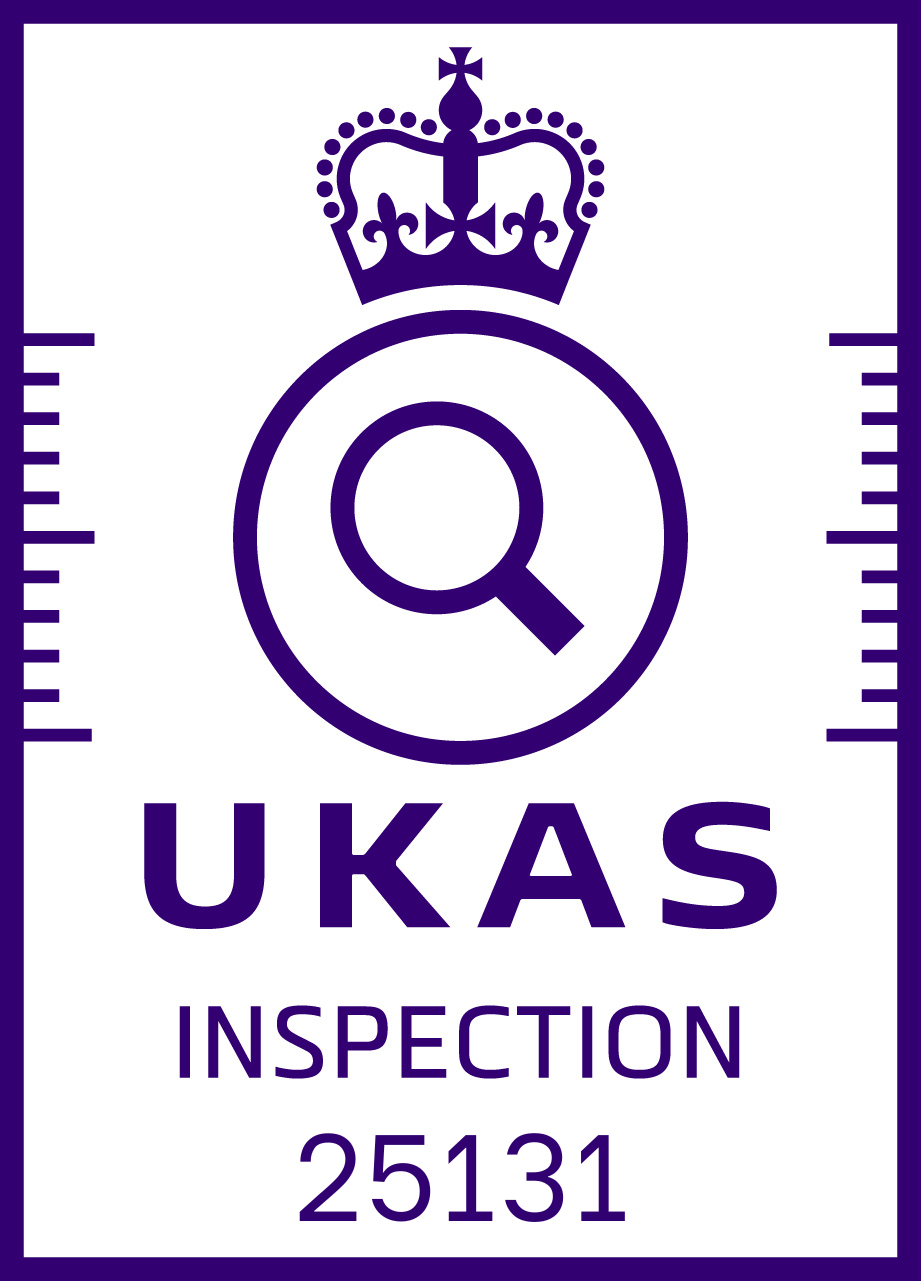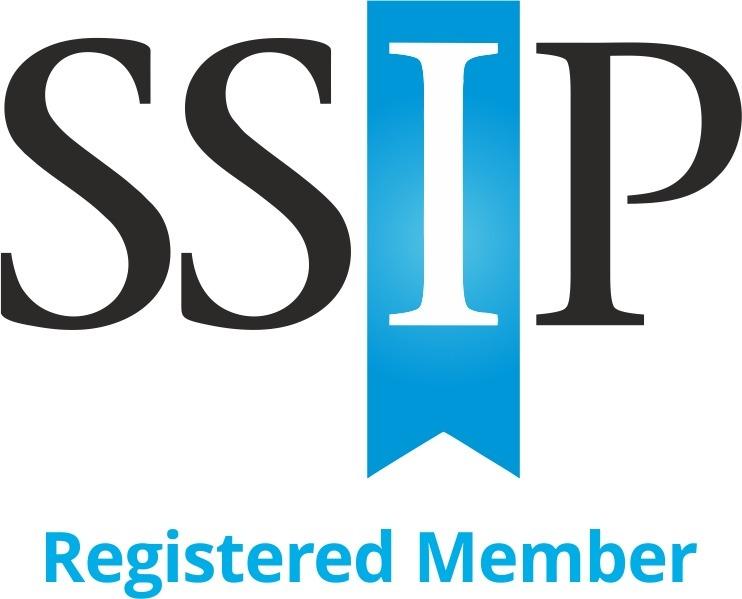The Institute of Workplace and Facilities Management (IWFM) is formulating its response to the draft Building Safety Bill, including a submission to the parliamentary pre-legislative inquiry on the Bill.
FASET, Fall Arrest Safety Equipment Training, has observed this development with interest. FASET has long been a foundation in supporting its members in the construction and FM sectors with expert quality guidance, dedicated training and exclusive membership benefit schemes all with the intention of promoting a safer way of working.
The proposed legislation, which implements the principles and recommendations of Dame Judith Hackitt’s Independent Review of Building Regulations and Fire Safety, is a welcome and major step towards ensuring the safety of buildings and their occupants, and avoiding another tragedy such as the Grenfell Tower fire.
Under the legislation, those who build and manage higher-risk buildings will need to demonstrate and be accountable for how they have considered the safety of residents; and there will be tougher sanctions for those fail to meet their obligations.
Importantly for FMs, the new bill outlines the future statutory responsibilities for building safety management in higher-risk buildings (those higher than 18 metres or six storeys), including those of the Building Safety Manager (BSM). This role – for which IWFM has helped to develop the competency framework – is most likely to be assigned to FMs during the building occupation stage.
The Building Safety Manager (BSM) will be responsible for the day-to-day management of fire and structural safety in a building and ensuring residents have a clear point of contact for any safety issues. FMs are well placed to undertake this role, with many of IWFM’s members already taking on the responsibilities that sit within its intended scope; underlining the crucial role that our profession plays in ensuring the safety of buildings and their occupants.
The IWFM’s response will focus on:
- the scope of the legislation beyond fire and structural safety to ensure a holistic whole building approach
- the need for greater emphasis in the Bill on the critical importance of building management and the equivalence of competence requirements throughout the different stages of the Bill
- greater clarity on how the BSM competence work will be linked to statutory guidance and its consequent status
- concerns around the presentation of the Accountable Person role and its implementation on the ground, including their identification, competence and relationship with the BSM
- the need for a central register and common assessment of competent people
- the importance of maintaining the golden thread of information.








